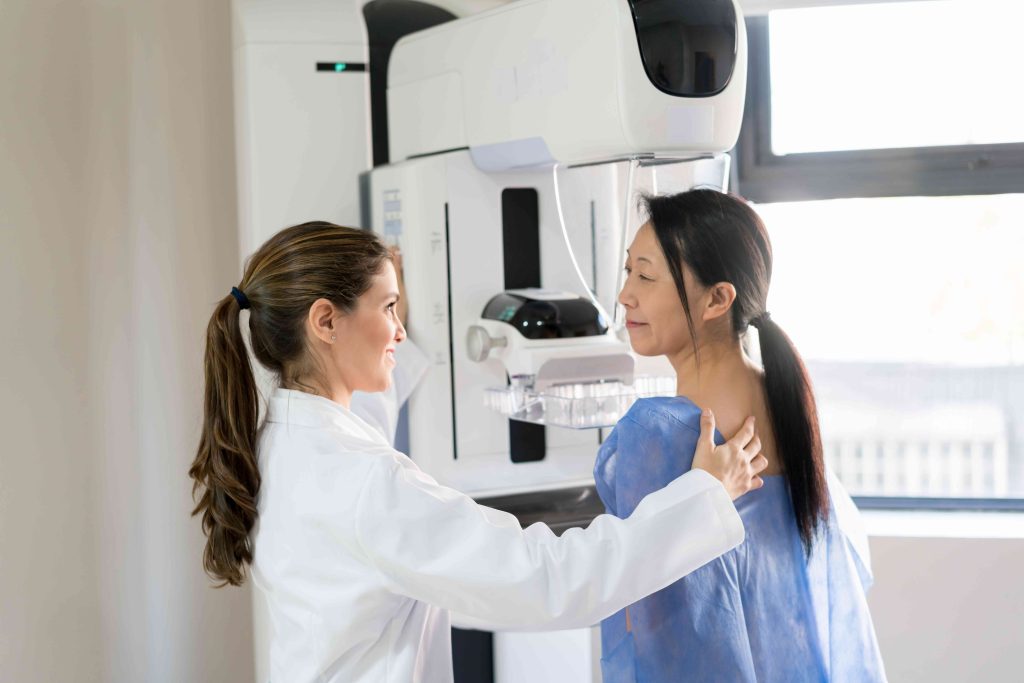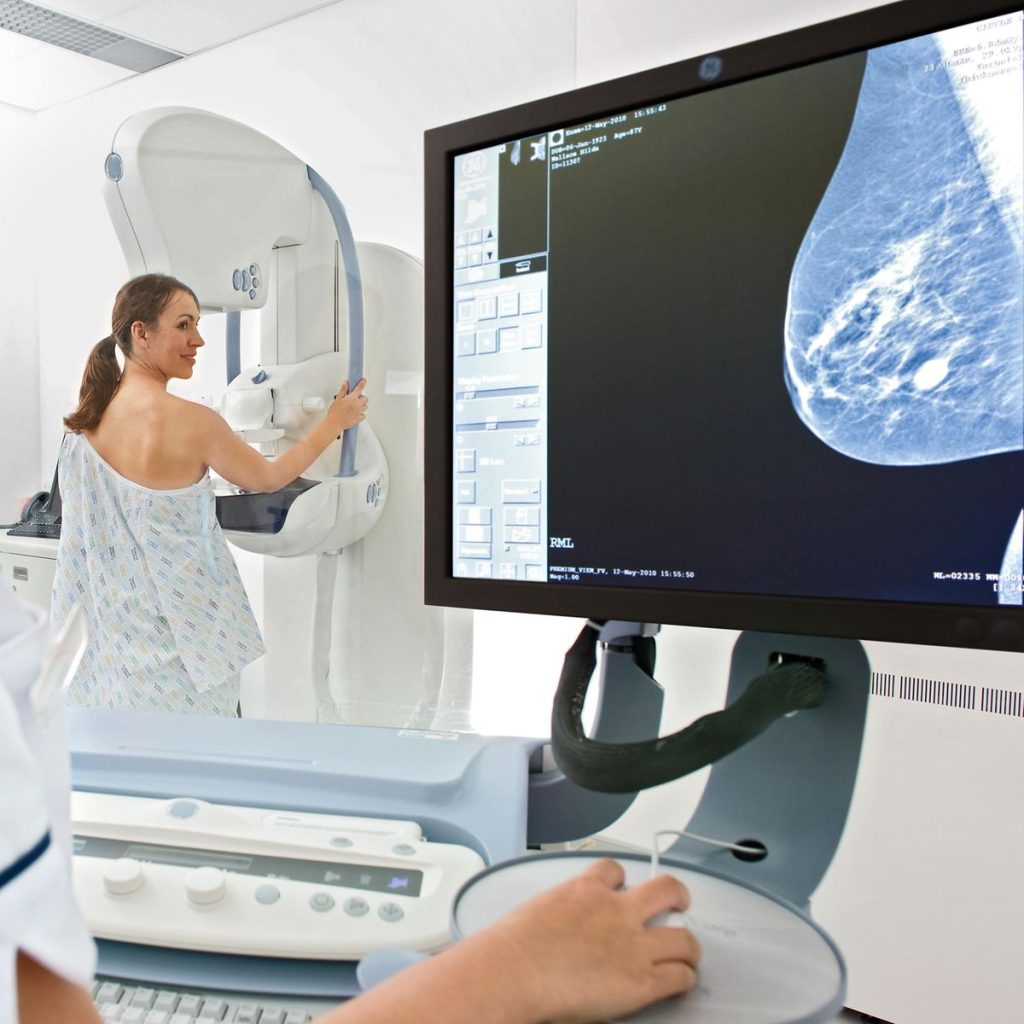Breast Cancer

What Is Breast Cancer And Its Symptoms?
Breast cancer is a type of cancer that develops from breast tissue.
Symptoms of breast cancer can include a lump in the breast, a change in the size or shape of the breast, and changes to the skin of the breast, such as redness or flaking. Breast cancer is often treated with surgery, radiation therapy, and chemotherapy.
There are several types of breast cancer, and the kind of treatment usually depends on the style. Some types of breast cancer are more likely than others to spread to other parts of the body, so getting an early diagnosis and treatment is important.
In some cases, a woman may be at high risk for developing breast cancer due to family history or other factors, and she may be advised to have regular mammograms or other screenings.



How Is Breast Cancer Diagnosed?
Breast cancer is the most common cancer in women, and early detection is critical to successful treatment. There are several ways to diagnose breast cancer, but the most common method is a mammogram. This imaging test can detect even small tumors that are not yet visible on an X-ray.
Mammograms are usually recommended for women over 50, but they may be recommended earlier for women with a family history of breast cancer. In some cases, a biopsy may also be needed to confirm the presence of cancerous cells.
A small tissue sample is removed from the breast during a biopsy and examined under a microscope. This test can help to determine whether the cells are cancerous and, if so, what type of cancer it is. With early diagnosis and treatment, breast cancer can be successfully managed.
Treatment Options For Breast Cancer
Breast cancer is a type of cancer that develops in the cells of the breast. While it can occur in men and women, it is much more common in women. Various treatment options are available for breast cancer, and the best course of action will often depend on the stage and type of cancer.
Surgery is often used to remove the tumor, and radiation therapy may be used to kill any remaining cancer cells. Chemotherapy is another common treatment option, and it can be used alone or in combination with other treatments.
Targeted therapy is a newer treatment that uses drugs to target specific molecules involved in the growth and spread of cancer cells. Clinical trials are ongoing to explore further, more effective ways to treat breast cancer. In most cases, treatment will aim to cure cancer, but sometimes the goal may be to control its growth or relieve symptoms.
How To Cope With A Diagnosis Of Breast Cancer
A breast cancer diagnosis can be a shock, and it is normal to feel overwhelmed. However, there are things you can do to help cope with the diagnosis and treatment.
- First, it is important to understand your treatment options. Discuss your options with your doctor, and ensure you are comfortable with your decisions.
- Second, give yourself time to process the diagnosis. It is okay to cry or be angry it is healthy to express your emotions.
- Third, lean on your support system. Whether it is friends, family, or a support group, talking to others who have been through similar experiences can be incredibly helpful.
- Finally, take care of yourself both physically and emotionally. Eating healthy foods, exercising, and getting enough rest will help your body cope with treatment.
And don’t forget to give yourself some grace–this is a difficult journey, and you deserve compassion from yourself and others.
Resources For Those Affected By Breast Cancer
There are many resources available to those affected by breast cancer.
One resource is the National Breast Cancer Foundation, which provides financial assistance to those undergoing treatment, education, and support services. Another resource is the Brighter Onward Beliefs foundation, which raises funds and provides support and education for breast cancer patients.
Local hospitals and community centers may also offer resources such as support groups, transportation assistance, and financial assistance. Many online resources are available, such as forums, message boards, and websites with information on treatments, coping strategies, and more.
No matter what type of support you need, resources are likely available to help you through your journey with breast cancer.

